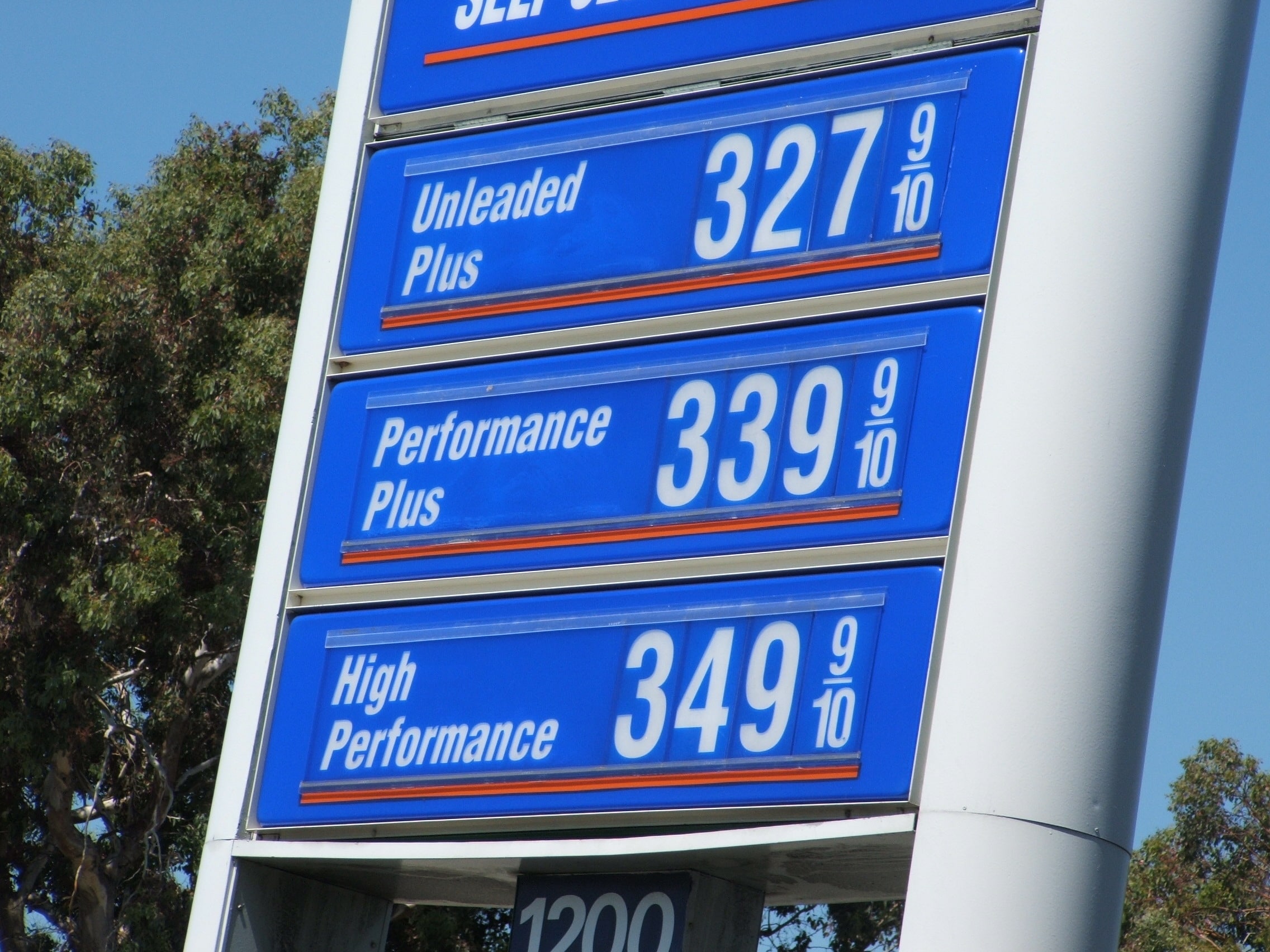

You may have noticed that you get better gas mileage in the summer than in the winter, or maybe you've noticed that summer gas prices tend to be a bit higher than winter gas prices. One explanation for higher prices and better fuel economy could be that people tend to do more traveling during the summer than in the winter, but it could also have something to do with the fact that there are different fuel blends in the summer and winter.
Most people aren't aware that the gas they get from the pump in January is different than the gas that they get from the pump in July. There's really no reason that most drivers would need to know that there's a difference blend summer-blend gasoline and winter-blend gasoline, but for those who are curious about what’s going into their vehicles, here's what’s different about summer and winter gas.
The main difference between summer-blend and winter-blend gasoline is the quality. Summer-blend gas has a higher Reid Vapor Pressure (RVP) than winter-blend gas, meaning that summer fuel is more pure and less volatile than winter gas. Reid Vapor Pressure is a measurement used to gauge the volatility of gasoline. The higher the RVP, the more volatile the gas, and the easier it is for that gas to evaporate.
High RVP is important for cold weather because the less volatile that gasoline is, the higher the temperature must be for a vehicle to use it. Summer gas doesn't need to be as volatile since ambient temperatures are warmer, but winter-blend gas has to have a higher RVP.
However, higher volatility means more harmful emissions. That's why the volatility of gasoline is lowered during the warm summer months when temperatures are warmer.
The gas you get from the pump during the summer is more pure, more expensive, and it evaporates at higher temperatures than the gas you get during the winter. Winter-blend gas is cheaper, more volatile and more harmful for the environment. So enjoy lower gas prices this fall and winter, and keep in mind that that those higher gasoline prices next spring are better for the environment!





